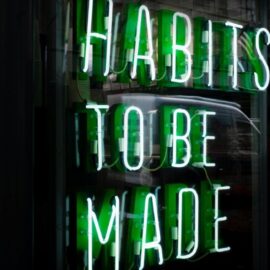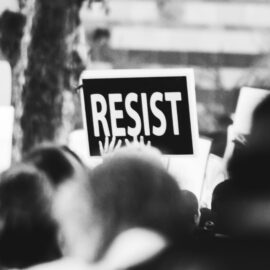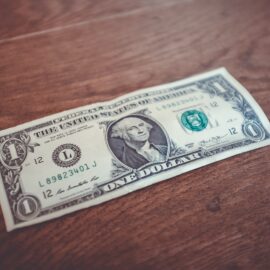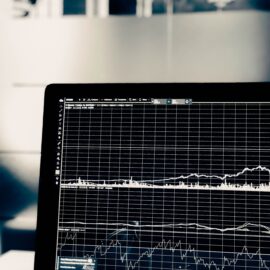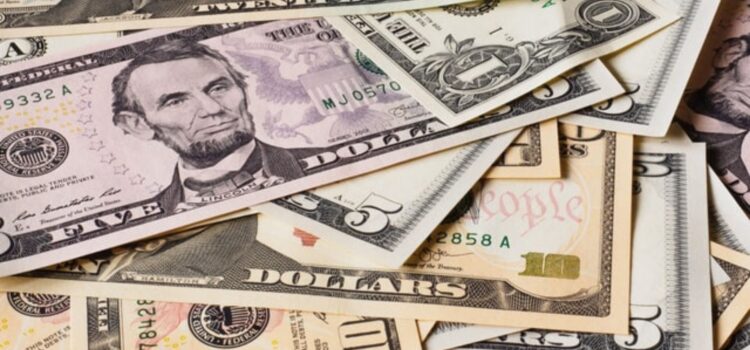
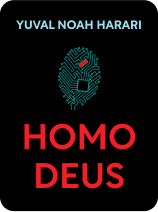
This article is an excerpt from the Shortform book guide to "Homo Deus" by Yuval Noah Harari. Shortform has the world's best summaries and analyses of books you should be reading.
Like this article? Sign up for a free trial here .
What is meant by an economic religion? Do you think capitalism can be considered a religion?
According to Yuval Noah Harari, an Israeli public intellectual and a historian, we are living in the era of the economic religion of free-market capitalism. Although we don’t explicitly call capitalism a religion, it informs many of our ethical judgments as much as (if not more than) traditional religions do.
Keep reading to learn about the concept of economic religion.
Free-Market Capitalism: An Economic Religion?
Today, economic growth is central to every modern religion, political party, and social movement because money equates to power. Regardless of economic philosophy or political affiliation, leaders around the world put economic growth above all else, even at the expense of relationships. This demand for constant investment is the result of an ethical judgment: “Economic growth solves all problems.” This makes capitalism less of a science and more of an economic religion. Instead of promising riches in the afterlife, capitalism promises wealth on Earth at the expense of your personal life.
For example, if you had to choose between spending more time at your job or with your family, you’d have to make an ethical judgment about the importance of money. If you were a true capitalist, you’d likely choose to spend more time at work because you’d believe that money could solve any problems facing your family.
Historically, kings and queens would either spend their money on extravagances, or store it away in chests, never to be touched. In the modern era, capitalism demands that you reinvest your wealth into economic growth through methods such as expanding a business, hiring employees, or investing in the stock market.
For example, if a capitalist made $500,000 today, they probably wouldn’t put it in the bank and leave it. They’d talk to their friends and family about what to “do” with their money, looking for investments that have potential. They likely wouldn’t be satisfied until their $500,000 turned into $5 million, constantly reinvesting in promising ventures.
However, worshiping economic growth on both a personal and national level often creates ethical and moral dilemmas. For example, a young lawyer’s father has a stroke and requires constant care. She has a choice: Give up a six-figure salary to provide care for her father, or hire a caregiver. If she gives up the salary, she can ensure that her father gets loving care, but she loses her career. If she hires the caregiver, she keeps her career but can’t ensure that her father is given the best care.

———End of Preview———
Like what you just read? Read the rest of the world's best book summary and analysis of Yuval Noah Harari's "Homo Deus" at Shortform .
Here's what you'll find in our full Homo Deus summary :
- Why technology is replacing humanist ideals
- How previous generations relied on prayer to deal with serious problems
- How AI and algorithms are going to run the world

